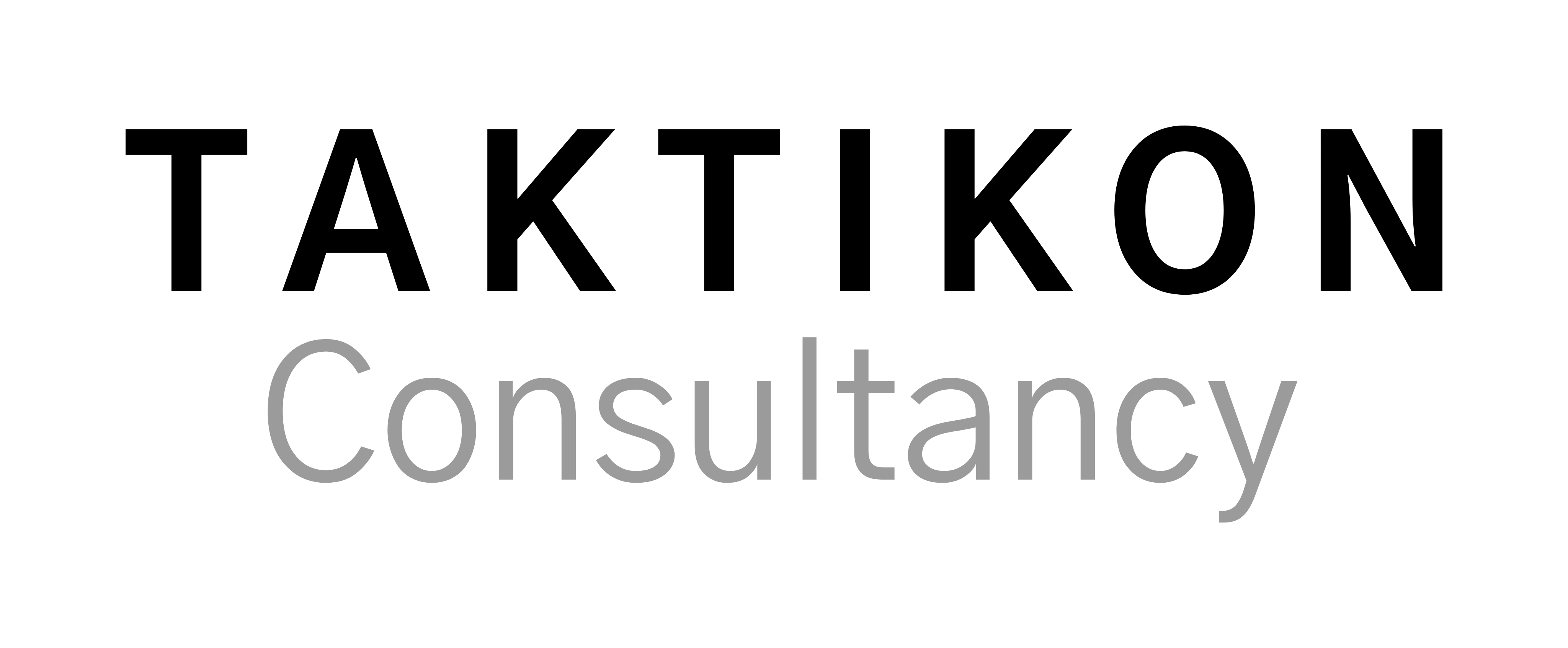Digital Marketing for hotels is essential for success in today’s hospitality industry. But marketing alone is not enough. To achieve sustainable hotel revenue growth, it must be aligned with Revenue Management, guest needs, and the right distribution channels. Revenue Managers provide the missing link, ensuring that every marketing effort delivers measurable results.

Hotels invest heavily in hospitality digital marketing to compete with Online Travel Agencies (OTAs) and capture more direct bookings. A common strategy is running Google Ads on the hotel’s own brand name. On paper, this seems like a smart direct bookings strategy: more direct reservations should mean better margins.
But in reality, this approach often shifts demand from OTAs to direct channels without increasing the total revenue. The hotel pays for clicks from guests who may have booked anyway, while losing valuable visibility on OTA platforms. Instead of boosting profit, brand-name advertising can sometimes reduce it.
This is where Revenue Managers play a vital role. They understand how digital marketing decisions affect the full distribution mix, balancing OTA vs direct bookings, and ensuring that campaigns support long-term hotel revenue growth.
Key takeaways
- Digital Marketing for hotels must be aligned with Revenue Management to be profitable.
- Brand-name ads are not always effective and can reduce overall revenue.
- Revenue Managers see the bigger picture and connect marketing with distribution strategy.
- USP-driven campaigns (location, experiences, target groups) attract new guests.
- A seamless guest journey from ad to checkout builds loyalty and long-term profit.
Why brand advertising is not always the answer
Hotels often believe they must “own” their brand name in search results. While this seems logical, it can backfire. Instead of creating new demand, the hotel simply shifts existing bookings from OTAs to direct channels while paying for ads. This increases marketing costs and can lower the total number of bookings. To achieve real growth, hotels need a more strategic digital marketing approach.
Revenue Managers see the full picture
Revenue Managers evaluate how marketing interacts with pricing, distribution, and guest behavior. They integrate campaigns into the overall hotel marketing strategy and assess the impact on total revenue. By combining hospitality digital marketing with revenue insights, they ensure that campaigns are designed for profit, not just clicks.
A good Revenue Manager will ask: "Does this campaign create incremental demand, or does it just move existing guests from one channel to another?" This mindset protects hotels from overspending and ensures a sustainable return on investment.
Building campaigns around guest needs
The strongest direct bookings strategy focuses on guest needs, not just the hotel’s name. Campaigns that highlight unique selling points (USPs) reach new audiences and reduce cost-per-click:
- Location: beachside, city center, or with stunning mountain views.
- Experiences: spa packages, gourmet weekends, hiking, or cultural trips.
- Target groups: families, couples, or business travelers.
- Seasonal offers: winter escapes, spring specials, or autumn breaks.
For example, a traveler searching for “romantic weekend by the sea” may discover your hotel even without knowing its brand. This creates new demand rather than just redirecting existing demand.
Creating a seamless guest journey
Digital Marketing is just the first step. To truly support hotel revenue growth, the entire guest journey must feel seamless:
- Ads should highlight the hotel’s authentic strengths.
- Landing pages must be fast, relevant, and mobile-friendly.
- The booking engine should be intuitive and secure.
- Post-booking communication must feel professional and personal.
When all these elements align, hotels not only increase conversions but also build loyalty. A guest who enjoys a smooth booking and stay experience is far more likely to return, recommend the property, and spend more during future stays.
Conclusion
Digital marketing is a powerful engine for hotels, but only when guided by holistic thinking. Revenue Managers have the tools and analytical skills to look beyond clicks and conversions, focusing instead on how each initiative impacts overall revenue.
For hotels aiming to grow profitably, it is time to let Revenue Management and Digital Marketing work hand in hand. This turns marketing from a battle for visibility into a long-term strategy for success.
Is your hotel ready to connect Digital Marketing with Revenue Management?
At Taktikon, we help hotels and campsites grow profitably by aligning marketing, pricing, and distribution into one seamless strategy.
Contact us today to create a hotel marketing strategy that attracts the right guests, at the right price, through the right channel and secures your revenue for the future.
